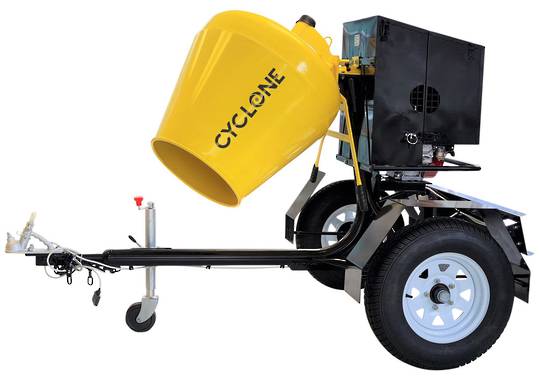Are you embarking on a construction project or a landscaping endeavour? If so, you’ve probably encountered the dilemma of choosing between plate compactors and jumping jacks. Both are powerful tools designed to compact soil and pave the way for a solid foundation.
But which one is the superior choice for your specific needs? Let’s dive into the comparison and find out!
Understanding Plate Compactors
Plate compactors are robust machines equipped with a large, heavy plate that exerts downward pressure to compact soil, gravel, or asphalt. They come in various sizes and configurations, ranging from small, handheld units to large, ride-on models.
These machines utilise vibratory motion to efficiently compress the material beneath them, achieving optimal compaction with minimal effort.
The Efficiency of Plate Compactors
When it comes to efficiency, plate compactors shine brightly. Their ability to cover large surface areas quickly makes them ideal for sizable projects. Whether you’re working on a driveway, sidewalk, or parking lot, a plate compactor can significantly reduce the time and labour required for compaction.
With their powerful engines and smooth operation, they ensure consistent compaction across the entire surface, resulting in a sturdy foundation that withstands the test of time.

Versatility and Manoeuvrability
One of the standout features of plate compactors is their versatility and manoeuvrability. Unlike jumping jacks, which are more limited in their accessibility due to their size and design, plate compactors can navigate tight spaces with ease. This makes them well-suited for compacting around obstacles such as utility poles, landscaping features, or existing structures.
Additionally, their adjustable handlebars and intuitive controls allow operators to manoeuvre the machine with precision, ensuring optimal compaction in every corner of the project site.
Jumping Jacks: An Alternative Approach
While plate compactors offer undeniable benefits, jumping jacks present a compelling alternative for certain applications. These compactors, also known as trench compactors, feature a smaller, more agile design that excels in confined spaces and narrow trenches.
Their vertical compaction motion makes them particularly effective for compacting cohesive soils and granular materials in tight quarters where plate compactors may struggle to reach.
Specialised Applications for Jumping Jacks
If your project involves trenching, backfilling, or compacting around utilities, jumping jacks may be the preferred choice. Their compact size and manoeuvrability allow them to navigate trenches with ease, ensuring thorough compaction in areas where larger machines cannot access.
Additionally, jumping jacks are well-suited for compacting around pipes, conduits, and other underground structures without causing damage or displacement.
Making the Right Choice
In the battle of plate compactors vs. jumping jacks, there is no one-size-fits-all answer. The decision ultimately boils down to the specific requirements of your project and the conditions of the job site. If you’re tackling a large-scale project that demands efficiency and uniform compaction across expansive surfaces, a plate compactor is likely the superior choice.
However, if your project entails compacting in tight spaces or trenches where manoeuvrability is paramount, a jumping jack may offer the versatility and precision you need.
Conclusion
Both plate compactors and jumping jacks are valuable tools in the arsenal of construction and landscaping professionals. Each excels in certain applications, offering unique advantages that cater to different project requirements. By carefully evaluating the scope of your project, the condition of the soil, and the accessibility of the site, you can make an informed decision that maximises efficiency and ensures optimal compaction results.
Whether you opt for the broad coverage of a plate compactor or the precision of a jumping jack, rest assured that you’re investing in a reliable tool that will help you achieve a solid foundation for your project’s success.
















